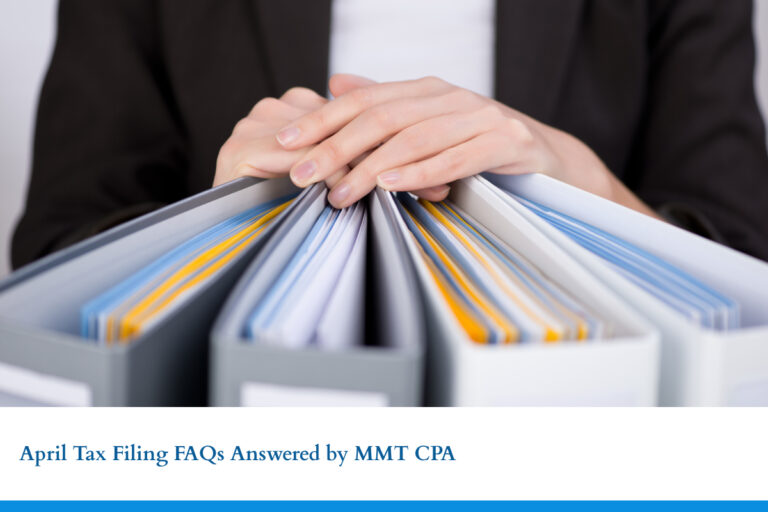If you’re looking for a secure way to earn interest on your savings, Guaranteed Investment Certificates (GICs) are a popular choice for Canadians. But while GICs are known for their low risk, the tax implications can sometimes be less straightforward. One common question we hear at MMT CPA is: “When is GIC interest taxable?”
Understanding GICs and How They Work
A GIC is a fixed-income investment that guarantees your original deposit, along with a specified rate of return. They’re offered by banks and credit unions and can vary in length, interest structure, and access to funds.
GICs can:
- Pay simple interest annually,
- Compound interest over time,
- Or pay all interest at the end of the term (at maturity).
- These differences affect when the interest is considered taxable.
The Basic Rule: GIC Interest Is Taxable in the Year It’s Earned
In Canada, the Canada Revenue Agency (CRA) requires you to pay tax on investment income when it’s earned, not just when it’s paid out.
Even if your GIC interest is only paid at maturity, you may still owe tax on the accrued interest each year. This applies to GICs in non-registered accounts. The financial institution that issued the GIC will typically provide you with a T5 slip to report the interest.
Scenarios: When Is GIC Interest Taxed?
Here are the most common situations:
1. GIC Pays Interest Annually
If your GIC pays interest once per year, that interest is taxable in the year it’s received. Simple and straightforward.
2. GIC Compounds Interest and Pays at Maturity
Even if the interest isn’t paid out until the end of the term, you’re still expected to report the interest earned each year. That’s because it’s considered income, even if you haven’t accessed it yet.
3. GICs Held in Registered Accounts (RRSP, TFSA, RESP)
If your GIC is inside a registered account, the rules are different:
- TFSA: Interest earned is completely tax-free.
- RRSP: Interest isn’t taxed as it’s earned, but withdrawals from your RRSP are taxed as income later.
- RESP: Similar to RRSPs—investment earnings are tax-deferred and taxed when withdrawn (typically in the student’s name).
Holding GICs in a registered account can be a smart move if you’re looking to shelter interest income from tax.
4. No T5 Slip? You Still Might Owe Tax
If the total interest earned from a GIC is less than $50, the issuing institution might not send a T5 slip. However, the CRA still expects you to report that income.
How to Report GIC Interest on Your Tax Return
Each year, you’ll receive a T5 slip that shows the amount of interest earned on your non-registered Guaranteed Investment Certificates (GICs). You’ll need to include that amount in your income when filing your taxes. If you hold multiple GICs or investments at different institutions, it’s important to keep track of each one.
Tax Planning Tips for GIC Holders
Here are a few ways to be strategic with your GIC investments:
- Use a TFSA to earn tax-free interest.
- Consider GIC ladders to balance cash flow and reduce reinvestment risk.
- Speak with a CPA to coordinate GICs with your broader financial strategy.
- A little planning can go a long way in keeping your tax bill manageable.
Let MMT CPA Help You Navigate GIC Taxation
Understanding when GIC interest is taxable helps you avoid surprises at tax time and enables you to keep more of your earnings. At MMT CPA, we help Canadians align their investment strategy with smart, compliant tax planning. Contact MMT today and let our expert team help you make the most of your financial future.





